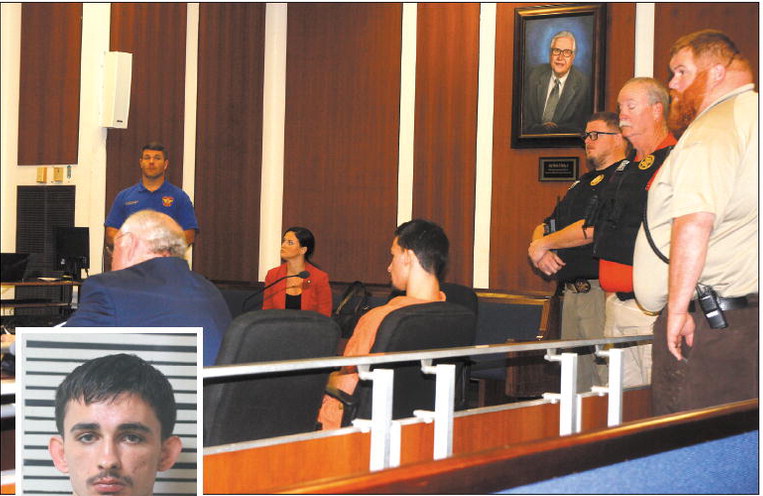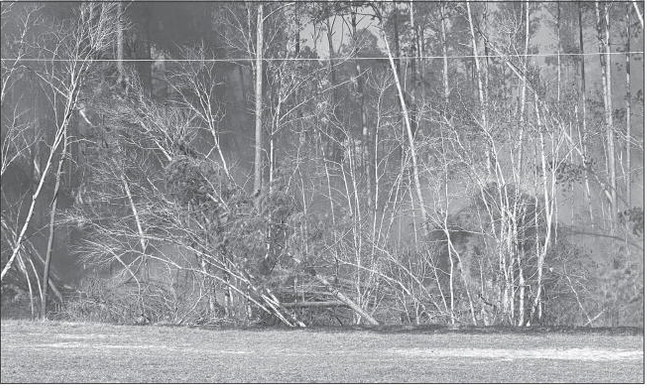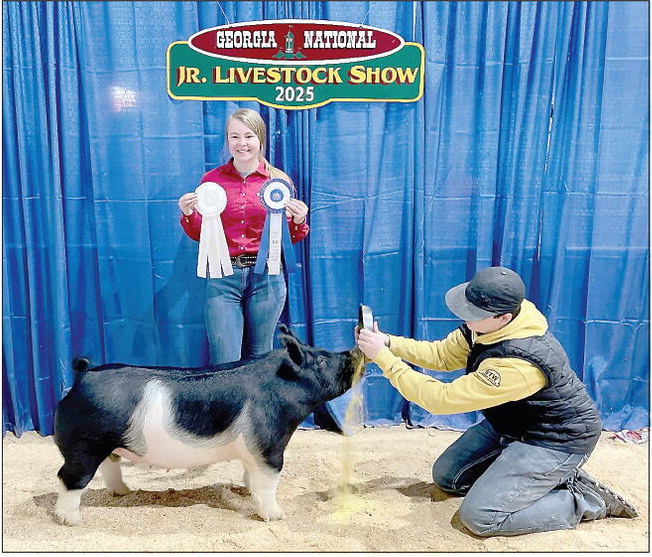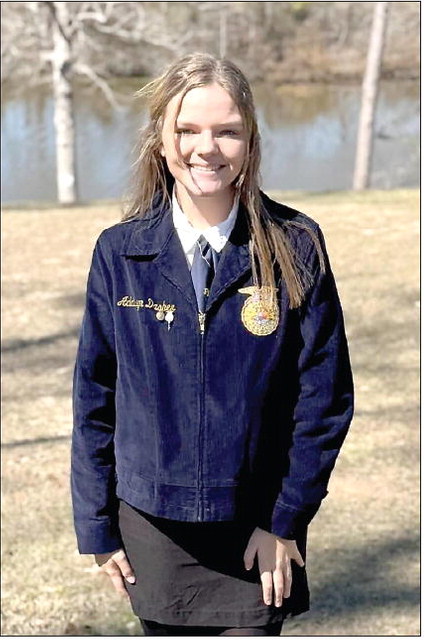Reeves Argues JQC Charges Inapplicable To Evidence
mrandolphadvance@gmail.com
Middle Judicial Circuit Chief Superior Court Judge Robert Reeves has filed a motion to dismiss, or in the alternative, a motion for judgment on pleadings for 58 formal charges that were brought against him by the Georgia Judicial Qualifications Commission earlier this year.
According to the Supreme Court of Georgia records, Reeves filed this motion on May 15, citing that the Constitutional principles used as a basis for the charges are inapplicable to the situations referenced. In this document, Reeves explained that the Commission stated that the presence of “habitual intemperance” and “conduct prejudicial to the administration of justice” within the judge’s actions, which were reported through formal complaints, are irrelevant to the current investigation and should therefore not be used to determine whether further corrective action is necessary.
The Georgia Constitution provides the Commission with “the power to discipline, remove, and cause involuntary retirement of judges” on the basis of “willful misconduct in office, willful and persistent failure to perform the duties of office, habitual intemperance, conviction of crimes involving moral turpitude, or for conduct prejudicial to the administration of justice which brings the judicial office into disrepute.”
Though the Commission does not define what “habitual intemperance” is through any of their official documents, the Georgia Code of Law associates the term “intemperance” with drunkenness throughout various occupations other than law. In the document filed on May 15, Reeves argued that the Commission had confused the term “intemperance” with “intemperate,” and further stated, “Throughout the Georgia Code where intemperance justifies professional discipline in other occupations, the Legislature and state agency regulators have consistently declared its clear meaning to constitute repeated public intoxication.”
He further emphasized that this clear meaning did not apply to spoken words, which is what the evidence supplied by the Formal Complaints received by the Commission had been associated with and therefore, are inapplicable to the charges. Because of this inapplicability, Reeves stated that the authority to discipline him based on “habitual intemperance” should be dismissed as a matter of law.
In addition to this, the Judge explained that most of the counts – 43 of the 58 – which were filed with the proposed violation of “willful misconduct in office” could not be used to permit professional discipline by the Commission because of the referenced actions not taking place in a judicial capacity. As Reeves cited in the document, the conduct discussed in the formal charges took place in various settings, such as in private conversations aside from Reeves’ judicial duties within the courtroom and through online livestreams, separating them from the legal umbrella of the violation. He stated that the authorizing provision for these specific counts should be dismissed as a matter of law.
Reeves now awaits the Commission’s response to this motion.








